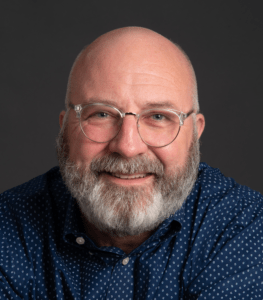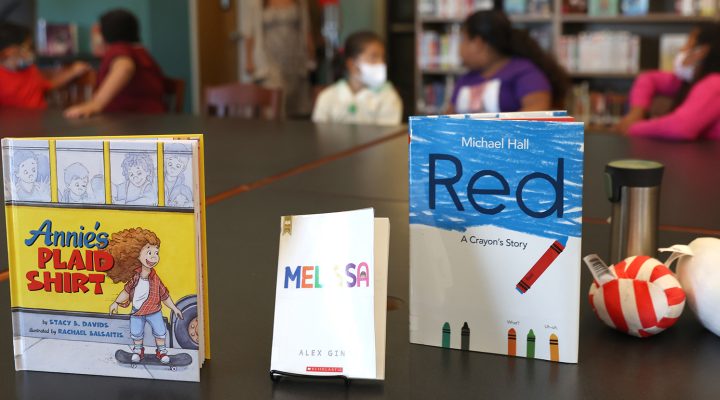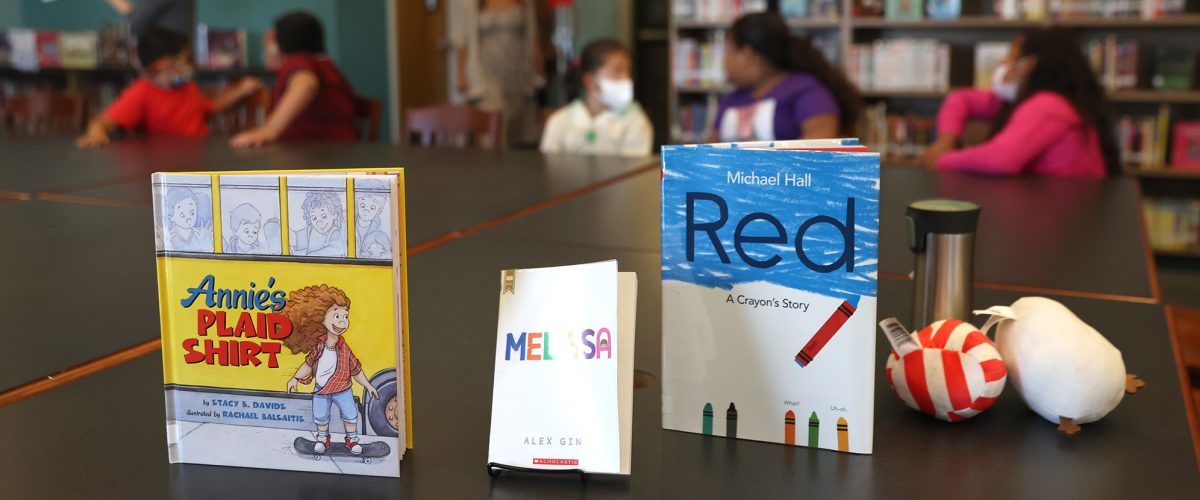One of the underlying factors in today’s battles over public education is two polar opposite views of parenting.
Parents who want to ban books from school libraries and tell classroom teachers what parts of American history to teach and how to teach it generally come from a parenting style that might reasonably be labeled as “more controlling.”
Parents who advocate for free access to school libraries and trust classroom teachers to choose an age-appropriate curriculum generally come from a parenting style that might reasonably be labeled as “less controlling.”
Both these parenting styles occur across a continuum, so we see parents falling at many midpoints between the two extremes.
Now, if these two extremes sound familiar, perhaps it’s because we’ve heard this before when speaking of adults and their political views. This is the essence of George Lakoff’s description of two perspectives that shape different definitions of what is “moral.”
“If these two extremes sound familiar, perhaps it’s because we’ve heard this before when speaking of adults and their political views.”
Lakoff, a cognitive scientist at the University of California Berkeley, explains in Moral Politics that conservatives most often embrace a Strict Father model of life, which begins with the idea that “life is difficult and that the world is fundamentally dangerous.” As in a “traditional” nuclear family, a strong father figure must dominate, authority must be preserved at all costs and children must learn lessons through hard knocks and punishment. The Strict Father model values “discipline, authority, order, boundaries, homogeneity, purity and self-interest.”
Liberals, he writes, most often embrace a Nurturing Parent model of life, which begins with the idea that proper nurture within a loving family unit will lead children to become nurturing adults who care for themselves and others. This model values “empathy, nurturance, self-nurturance, social ties, fairness and happiness.”

Mark Wingfield
Strict Fathers (and by extension Strict Mothers) want to restrict what books their children have access to — and what books other children have access to — because it is a way of controlling the children’s environment and, in their view, protecting the children from harm. Same with American history, which has become hyper-politicized today. A Strict Father/Mother fears children might be exposed to facts they don’t believe are facts and that a vulnerable child might not yet be strong enough to resist the siren song of liberalism. Therefore, build a high fence and keep everyone inside it.
Nurturing Parents trust if their child finds a book in the school library that presents a new idea, the child will ask a parent, teacher or family member for help understanding it. The goal in these families is not building fences but engaging conversations — which may be risky, yes, but is worth the risk. These parents assume other families afford their children the same opportunities, so they seldom see a need to control what other children check out from the library.
I began to understand this when a member of our local school board invited me out for coffee to hear more about why I had gone to a school board meeting last year to speak against banning books and clamping down on curriculum.
“One of the key issues facing schools today is determining where is the line between family and school.”
One of the key issues facing schools today is determining where is the line between family and school, he said. How much ground must parents cede to the school when they drop off their kids? And how much ground must the school cede to parents when the students walk out the door at the end of the day?
Finding this balance is not as easy as it might first appear. Take, for example, the matter of food.
Some parents have no expectation of the school providing breakfast, lunch or dinner for their children because they are able to feed them well at home and send nutritious lunchboxes with them. Other parents depend on school breakfast and lunch programs (and weekend food sacks) because they cannot afford to feed their families; their children would go hungry without food from school.
What one family would see as an intrusion from the school, another family sees as a lifeline.
I’ll add that the same may be true of library books.
The kinds of books that may not draw a second look from the majority of students could be a lifeline for other students. Students with physical differences need to see themselves represented in books. Students who are not white need to see themselves represented in books. Students who are navigating questions about their gender or sexuality need to know other kids have walked that road before. Students who have immigrated to the United States need to read how we are a nation of immigrants and they are not the first to take this journey.
“The kinds of books that may not draw a second look from the majority of students could be a lifeline for other students.”
But there’s one important difference between school libraries and school lunches. While the privileged kids may not need the school breakfast or lunch, they do need to be exposed to a variety of characters in their reading. They need to know not all the main characters in life’s story are white or American-born. They need to see women depicted in leadership roles. They need to understand that kids in wheelchairs are just as smart as anyone else. They need to learn we are a nation of immigrants — and their ancestors once were too.
This week I heard of one school district where administrators are offering a potential compromise in the war over school libraries. They’ll keep all the approved books on the shelves, but they’ll let parents know what books their children have checked out. That sounds like a lot of work — especially to placate a crowd that generally opposes paying taxes to fund public schools — but it might be a fair compromise.
The bottom line is that the Strict Father/Strict Mother families should not be allowed to set the agenda for an entire school, just because they hold the most narrow views. School districts should not be forced to give in to the lowest uncommon denominator. That takes the “public” out of public education. There are plenty of private schools founded on Strict Father ideals. If you require ultimate control, send your kids there.
Public education requires meeting the needs of the broad diversity of our population, not the controlling majority or the loud minority. And all our children deserve a balanced diet for both body and mind.
Mark Wingfield serves as executive director and publisher of Baptist News Global.
Related articles:
That time I went to the school board meeting to speak against banning books | Opinion by Mark Wingfield
Progressives have a problem telling their story | Analysis by Rodney Kennedy
Houston pastor voted off local school board by angry parents who called him a Black liberal racist


